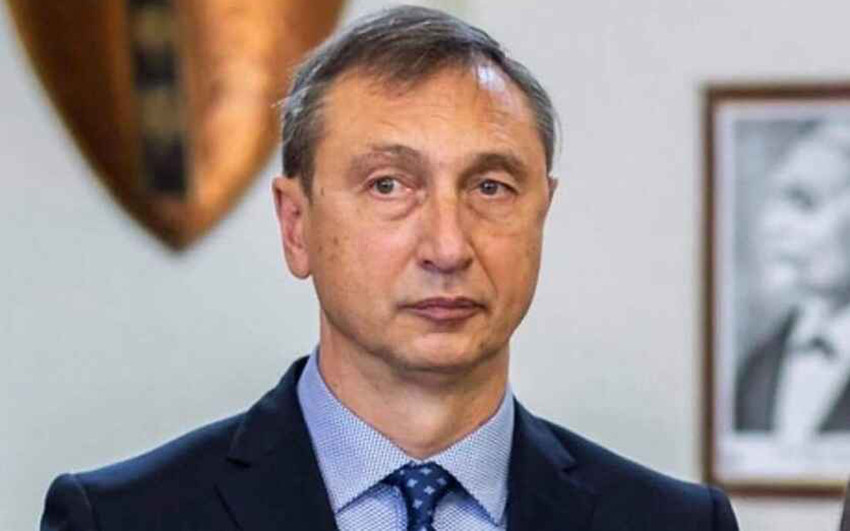A sculptural composition in the Rhodope village of Shiroka Laka praises the local bagpipers and singers, famous in all parts of Bulgaria and abroad. It is called "The Bagpiper". Recently, a novel of the same name was presented in Shiroka Laka. The village of Stoykite, located several kilometers away from Shiroka Laka, also has a unique landmark dedicated to the traditional musical instrument.
Stoykite hosts the Bagpipe Museum which was created with the voluntary participation of local residents and people from the region. Today, the museum welcomes visitors from Bulgaria and abroad. The exhibits in the museum are donated by families and descendants of distinguished bagpipers from the Rhodopes, such as Apostol Kisyov, Kostadin Varimezov and others.

The names of all 333 bagpipers who formed the largest bagpipe ensemble in 2012 and entered the Guinness World Records are written on the bagpipe bags, arranged on the so-called "Guinness Wall".

"In the museum, you can see very old and valuable bagpipes, as well as various tools related to the bagpipe as an instrument," says Diana Georgieva, who is among the creators of the interactive exhibition. It shows the authentic method of crafting the bagpipe parts. There is a also a room where you can listen to the sound of the kaba bagpipe, mixed with sounds from outer space, and feel how similar they are in terms of tone and vibrations.There is a corner where you can put on headphones and listen to a recording of a solo bagpipe, and nearby, you can hear a recording of 333 kaba bagpipes playing the respective song."

The process of crafting the reeds of the bagpipe from the most commonly used wooden material - elderberry, is also demonstrated, explains Diana Georgieva.
We visit the museum together with diplomat Svetlozar Panov, Bulgaria's ambassador to countries on several continents, whose term of office in Australia and New Zealand ended recently. His visit to Stoykite is also connected with the premiere of his recently published novel ''The Bagpiper'' which took place in the neighboring village of Shiroka Laka. A special fountain was built in the village center to honour the musical instrument and the people who know how to tell stories through its cosmic sound.

Svetlozar Panov's ancestral roots are far from this place, in Razgrad region, where, according to him, there are also traditions in bagpipe playing. Perhaps that's why the bagpipe becomes part of his novel, but it is also the thread that connects Bulgarians and Irish people in the diplomat’s novel.
The main characters are two young Bulgarians from the mid-19th century who flee from Ottoman oppression in their native village to seek a livelihood as street musicians and a better life in Europe.

"The struggle for freedom sometimes requires sacrifices, i.e. to leave your homeland, survive, find strength to overcome the adversary and establish freedom in your region. Leaving Bulgaria, the characters encounter various situations. On the one hand, they encounter personal, love and conflict situations. On the other hand, they meet historical figures who are the driving forces of their movements, like the heroes of Hungary, of Ireland, of Italy, who in the mid-19th century also sought freedom from their occupiers. I think that the journey between the southeastern part of the European continent and the westernmost part, to Ireland, is a path to freedom, a path of music, and a direct link between Bulgaria and Ireland- two countries that love, appreciate, develop the art of bagpiping and are popular around the world for their bagpipes."
Published and translated by Kostadin AtanasovPhotos: Ioan Kolev, private archive
On May 22, an exhibition called "A Colorful Czech in Bulgaria" will open at the National Museum of Military History in Sofia at 4:00 p.m. It is dedicated to the 165th anniversary of the birth and 110th anniversary of the death of Jaroslav Věšín..
The European Music Festival invites Sofia residents to a colorful and lively music and dance show, Europe Dances , on 21 May 2025 at 6:30 p.m. under the domes of the Largo. Now in its ninth year, this traditional festival event will once again..
The mobile exhibition "Secrets and Riddles from Heraclea Sintica, Time Travel" will open on May 26 at Slovakia's National Museum. It will remain in Bratislava until the end of July, the director of the museum in the town of Petrich, Katya Stoyanova,..
Bulgaria will be represented by two short films at the EU Film Days 2025, which will take place in the Japanese cities of Tokyo, Nagoya, Fukuoka..
To celebrate 40 years since its inception, the Summer Opera Festival ‘Stage of the Centuries’ in Veliko Tarnovo has put together a rich programme. The..
The ancient Thracian epic comes to life on June 28 to the sounds of captivating music and spectacular choreography in the amphitheatre..

+359 2 9336 661
